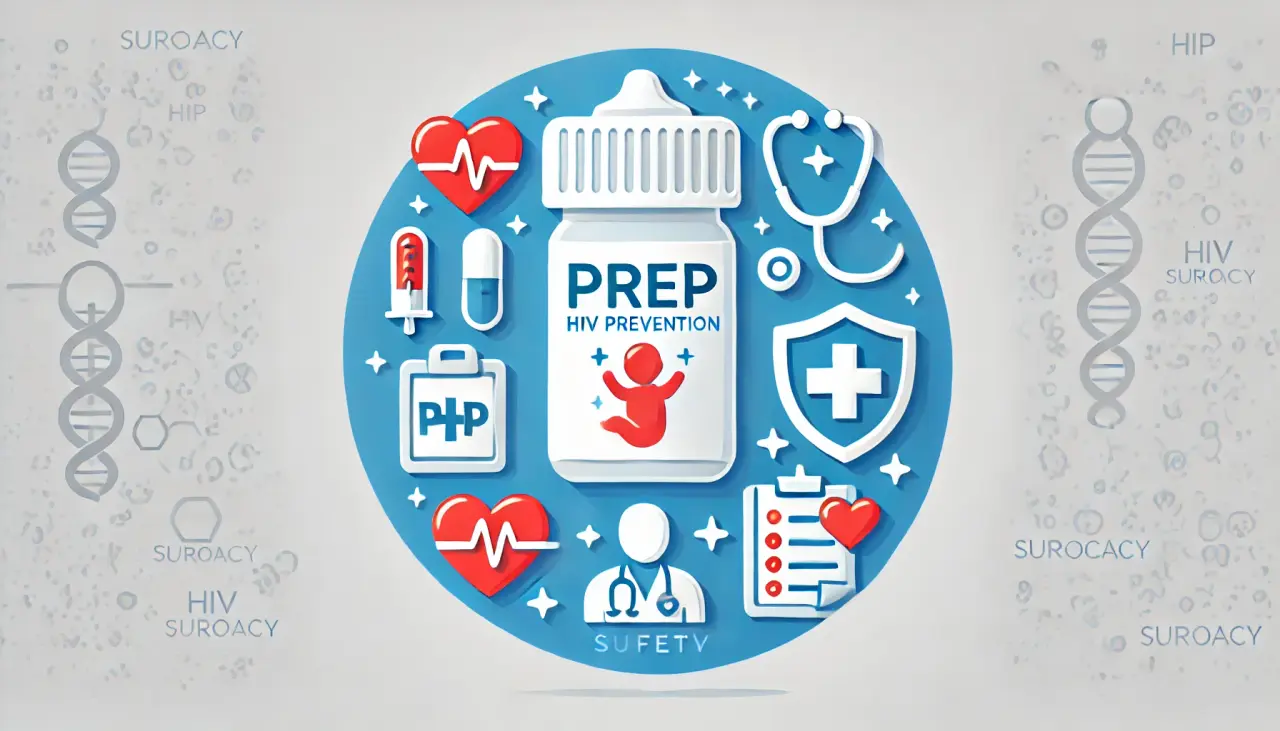
HIV and Surrogacy: Dispelling Myths and Ensuring Safety for All Involved
HIV and surrogacy are topics surrounded by numerous misconceptions, particularly concerning safety and transmission risks. Many people still believe outdated myths about HIV, such as the idea that surrogacy arrangements with HIV-positive intended parents automatically endanger the surrogate. Thanks to modern medicine, these myths can be addressed and debunked, paving the way for safe surrogacy arrangements.
HIV and Surrogacy Myths: Understanding the Facts
One of the most persistent HIV and surrogacy myths is that a child born to HIV-positive parents will also be HIV-positive. However, advancements in medical science, including sperm washing and specialized reproduction programs, allow HIV-positive individuals to have healthy, HIV-negative children while ensuring no risk to the surrogate mother.
Another misconception is that surrogates are at high risk of contracting HIV during the process. In reality, no documented cases exist of a surrogate contracting HIV from intended parents. With proper precautions, surrogacy involving HIV-positive intended parents is safe for everyone involved.
Frequently Asked Questions About HIV and Surrogacy Safety
Does HIV Spread Through Surrogacy?
The risk of HIV transmission to a surrogate is extremely low when appropriate medical protocols are followed. Measures such as sperm washing and pre-exposure prophylaxis (PrEP) medication significantly reduce this risk, making surrogacy arrangements with HIV-positive parents safe.
Every surrogacy agreement includes full disclosure of medical details, allowing surrogates to make informed decisions. If a surrogate feels uncomfortable, they are not obligated to proceed with the arrangement.

How Does Sperm Washing Work?
Sperm washing is a proven technique that eliminates HIV from the seminal fluid, preserving safe, virus-free sperm for use in in-vitro fertilization (IVF). This process enables HIV-positive men to father healthy, HIV-negative children. The washed sperm is then used in controlled medical settings to ensure safety for both the surrogate and the baby.

The Role of the SPAR Program in HIV and Surrogacy
The Specialized Program of Assisted Reproduction (SPAR) has revolutionized surrogacy for HIV-positive intended parents. This program ensures the preparation of safe sperm samples while providing counseling and testing to protect surrogates and babies from any risk of exposure.
SPAR also requires regular HIV antibody testing for surrogates at three weeks, three months, and six months post-transfer, ensuring a comprehensive safety protocol throughout the process.

Key Takeaways on HIV and Surrogacy
- Surrogacy arrangements involving HIV-positive intended parents are safe with the proper medical precautions.
- Techniques like sperm washing and medications such as PrEP minimize risks for surrogates.
- Programs like SPAR provide robust medical support and education to surrogates and intended parents.
With the right guidance and medical care, HIV-positive individuals can achieve their dream of parenthood without compromising the safety of surrogates or children. By dispelling HIV and surrogacy myths, we can foster greater understanding and inclusivity within the surrogacy community.